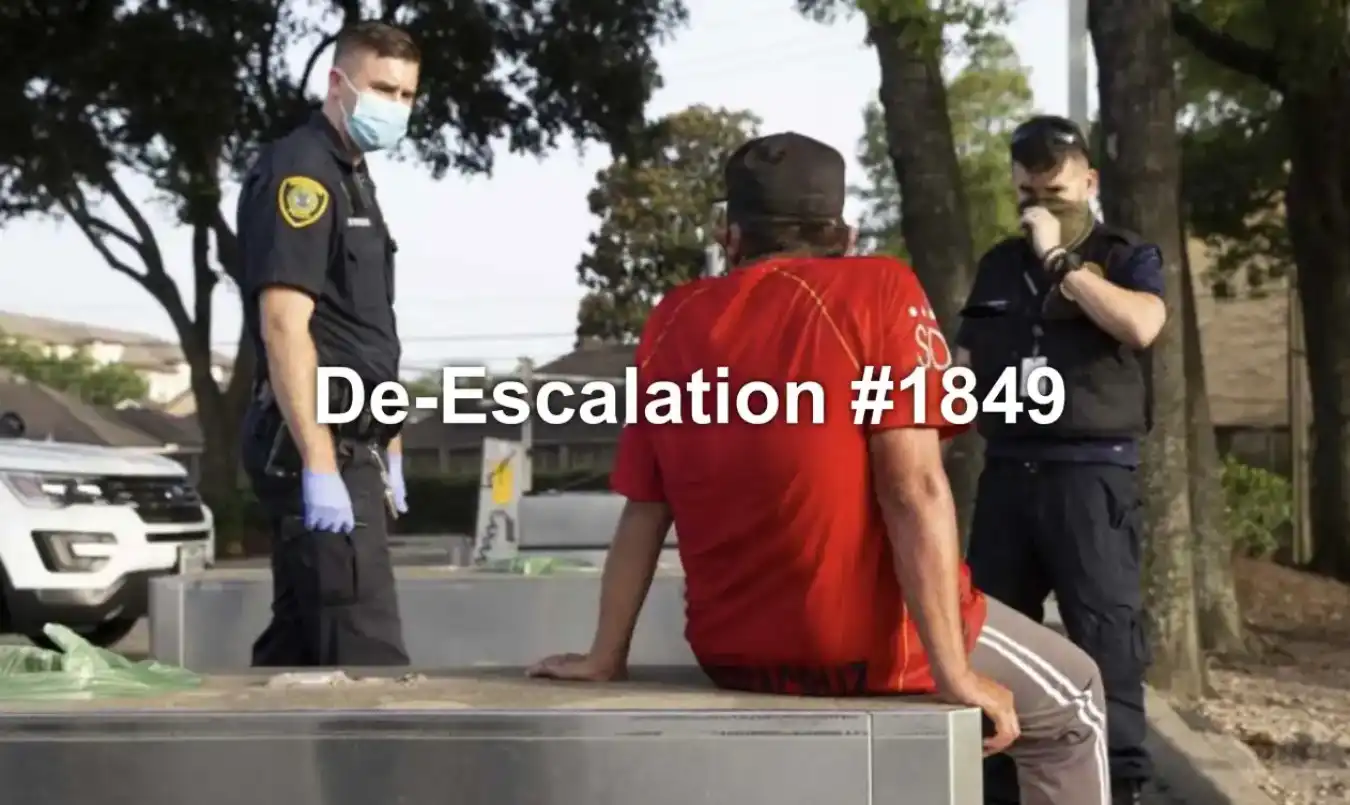
In-Person
De-Escalation #1849
Hosted by: Hidalgo County Sheriffs Office
Venue: Hidalgo County Sheriff Academy 715 E El Cibolo Rd, Edinburg, TX 78541
Date: January 24, 2025, 8:00 am
This comprehensive course is designed to equip Texas peace officers with the essential skills to effectively de-escalate tense situations and resolve conflicts without resorting to force. By mastering verbal and non-verbal communication techniques, officers can create safer outcomes for themselves, the public, and the individuals involved in the conflict.
Key Topics Covered:
Understanding Escalation: In-depth analysis of the factors that contribute to escalation, including emotional triggers, cognitive biases, and environmental influences. Participants will learn to recognize warning signs of escalation and develop strategies to prevent situations from escalating further.
Verbal and Non-Verbal Communication: Exploration of the power of words and body language in de-escalation.The course covers active listening techniques, empathy-building strategies, and tactical communication tactics to establish rapport, reduce hostility, and promote cooperation.
Tactical De-escalation Strategies: Examination of proven techniques for de-escalating different types of conflicts,such as those involving mental health crises, substance abuse, or domestic disputes. Participants will learn how to assess risk, prioritize safety, and choose the most appropriate de-escalation approach for each unique situation.
Post-Incident Debriefing: Review of the importance of post-incident debriefing to identify lessons learned and improve future de-escalation efforts. The course covers strategies for self-reflection, peer feedback, and organizational learning to enhance individual and collective de-escalation skills.
Benefits of Completing the Course:
By completing this course, peace officers will be better equipped to protect themselves and the community by promoting peaceful conflict resolution and minimizing the need for force.
Required Equipment: None
FREE Training
Start: January 24, 2025, 8:00 am
End: January 24, 2025, 5:00 pm
Registration Opens: December 26, 2024
Registration Closes: January 23, 2025
Training Instructors
Instructor